Application Deadline: December 20th, 2021, 5:00pm
Submit to: michael.wilkinson@ubc.ca.
As part of the Faculty’s commitment to advance EDID priorities, this pilot funding opportunity is aimed at supporting student led EDID activities and initiatives.
Proposals from students or student groups should demonstrate ways by which they will advance equity, diversity, inclusion, decolonization, anti-racism, and Indigenization for undergraduate and graduate students through small projects that include, but are not limited to:
- Advancing awareness and understanding of EDID matters, including anti-racism, keeping in mind intersecting issues such as Indigeneity, gender, sexuality, language, religion, and ability
- Organizing events such as workshops, panels, symposiums
- Hosting or showcasing cultural performances
- Hosting or showcasing cultural performances
- Reducing barriers facing students from historically, systemically, and persistently marginalized groups
- Promoting social and inclusive participation
Each proposal must have at least two students listed on the application form.
The FoE will provide funding of up to $1,000 for each successful project proposal. Funding will be provided to students by FoE through submission of project expenses for reimbursements, up to a maximum of $1,000 per project.
Expense reimbursements should be submitted to the FoE Finance Office, including proposal approval documentation and all applicable expense receipts. Proposals with matching, or additional funds from other UBC or FoE funding sources are encouraged. Collective proposals as well as those from individual groups/organizations within the FoE are welcomed. Applicants may submit only one application for this round of the funding.Funds that are awarded to successful proposals and are unspent, or those associated with events and initiatives that are canceled, must be returned.
Proposals for events or projects already completed will not be considered.
Submission:
The application form must be submitted to michael.wilkinson@ubc.ca by 5 PM on December 20th, 2021, and must include the following:
- Project title
- Project details
- Budget details
- Signature of department/unit head or advisor/supervisor
On completion, successful applicants will be expected to provide a one-page report on the project. Details, and timeline for the report will be provided to successful applicants.
Evaluation Criteria:
Proposals will be evaluated on:
- The project’s contributions towards the advancement of the general objectives and goals of the funding
- The project’s benefits to, or impact on, FoE students
- The degree to which the project is effective in 1 or more or the following aspects:
- address EDID matters in the FoE student communities
- support events that highlight the diverse student communities in the FoE
- raise awareness of, and celebrate diversity at the Faculty, and possibly UBC level
- create comfortable spaces for students from Indigenous, racialized, and underrepresented groups
- raise awareness, and promote social and inclusive participation
- Clarity, feasibility, and quality of the proposal, and likelihood that listed objectives/ timelines will be met.
Term of the Grant:
Funds from the grant are expected to be used before June 30, 2022.
Download the full PDF details: FoE Student EDID Fund.
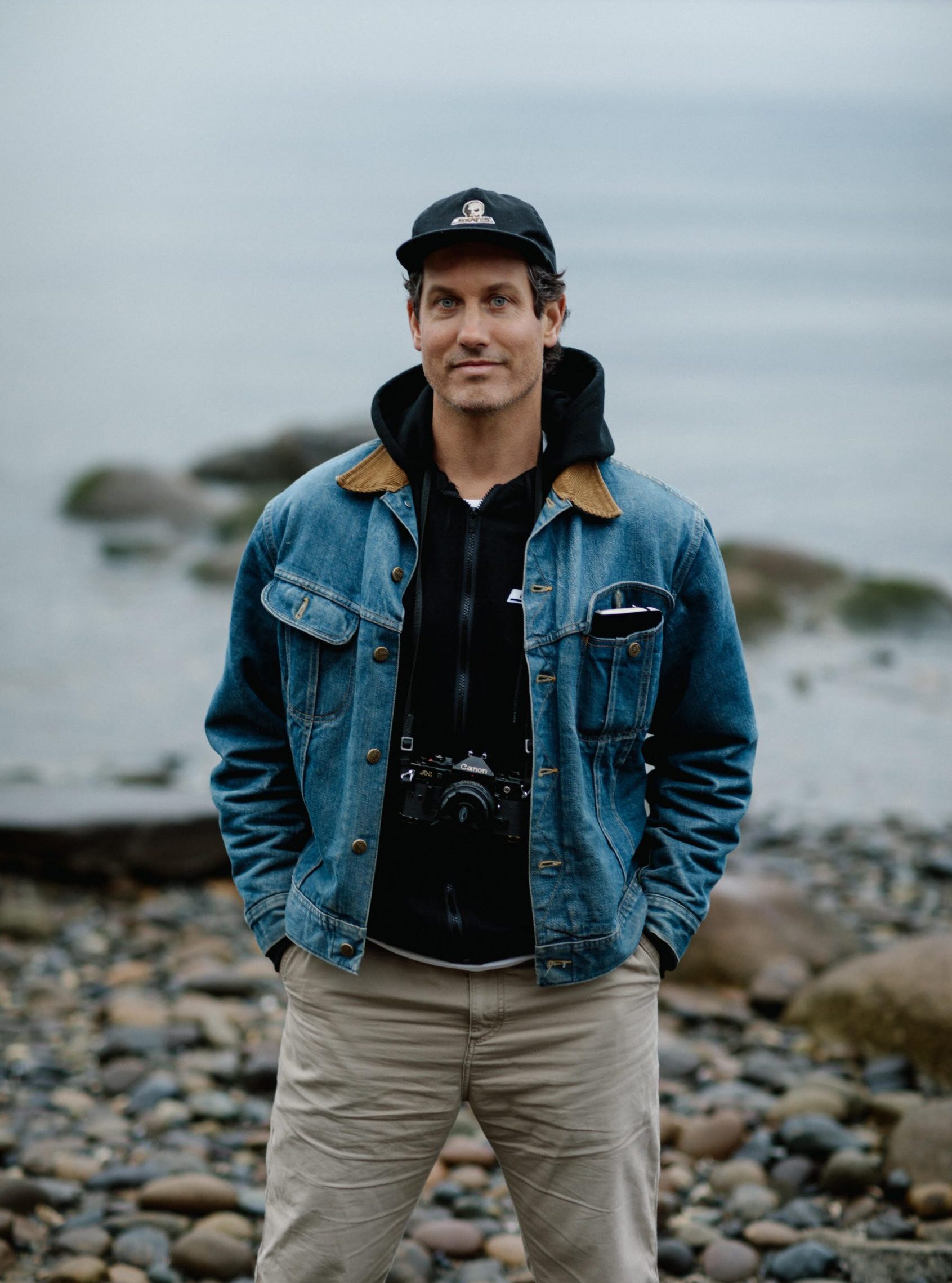 Andrew Clements (MA 2004) is a community recreation supervisor for the Vancouver Parks Board at the Creekside Community Centre. He started his academic journey as a student athlete studying communications at the University of San Francisco. He played Division I NCAA baseball and went on to play professionally after he graduated in 1999.
Andrew Clements (MA 2004) is a community recreation supervisor for the Vancouver Parks Board at the Creekside Community Centre. He started his academic journey as a student athlete studying communications at the University of San Francisco. He played Division I NCAA baseball and went on to play professionally after he graduated in 1999.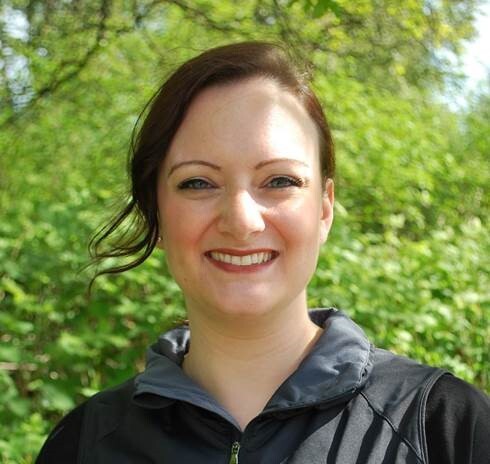 Dr. Kate Kloos (MHK 2010) works as an educational developer and instructor at the University of the Fraser Valley’s (UFV) School of Kinesiology. Her current position has brought her full circle to where she started her academic journey. She went to UFV to pursue a bachelor’s degree in kinesiology, and then came to UBC to complete a master’s with a focus on Coaching Sciences.
Dr. Kate Kloos (MHK 2010) works as an educational developer and instructor at the University of the Fraser Valley’s (UFV) School of Kinesiology. Her current position has brought her full circle to where she started her academic journey. She went to UFV to pursue a bachelor’s degree in kinesiology, and then came to UBC to complete a master’s with a focus on Coaching Sciences.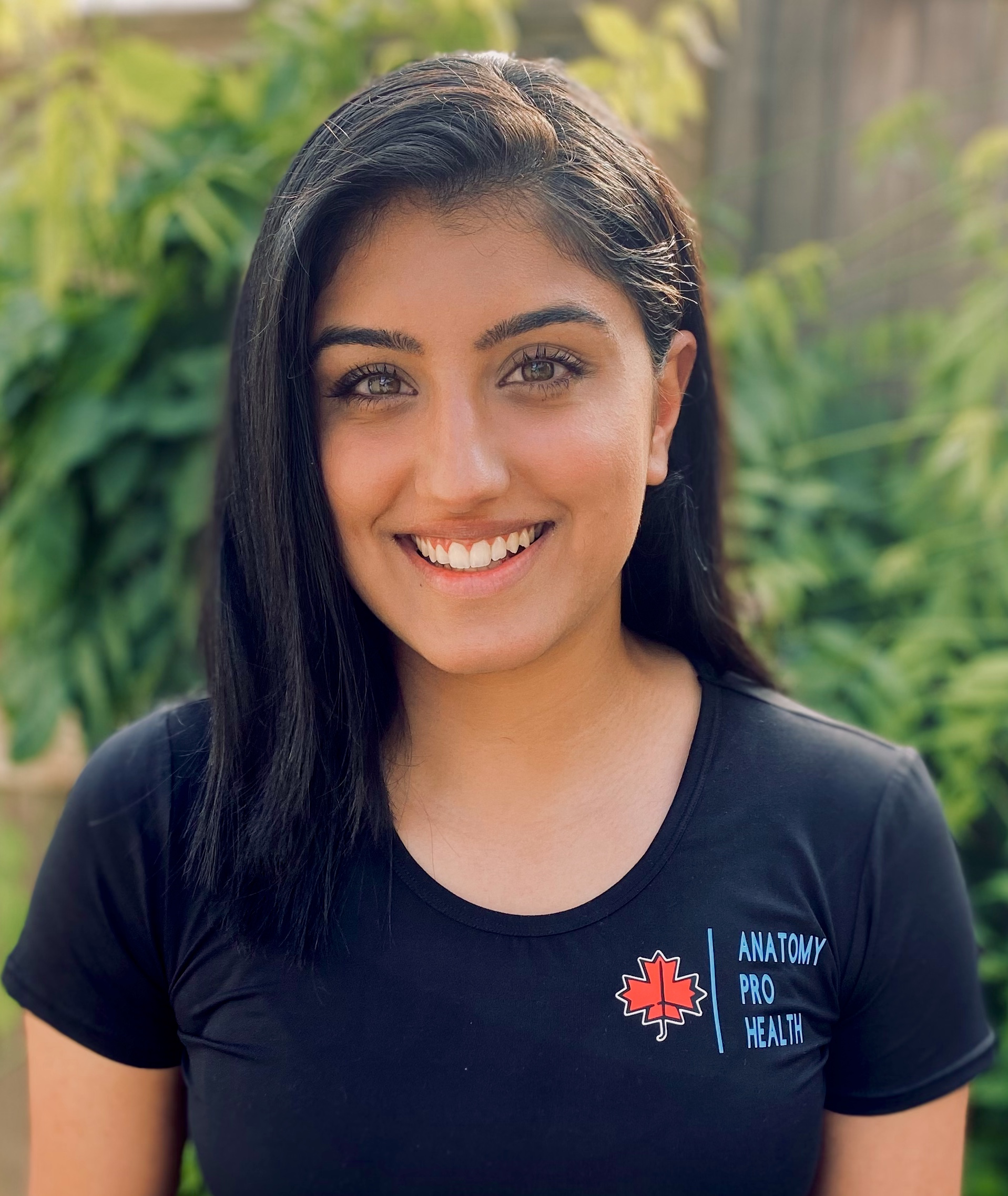 Jasmine Gill is part of the UBC Fall Class of 2021 and will graduate with a Master’s degree in Kinesiology (MKin). She took courses in both Performance Sciences and Clinical Kinesiology streams, focusing on the prevention and management of sports injuries and performance planning.
Jasmine Gill is part of the UBC Fall Class of 2021 and will graduate with a Master’s degree in Kinesiology (MKin). She took courses in both Performance Sciences and Clinical Kinesiology streams, focusing on the prevention and management of sports injuries and performance planning.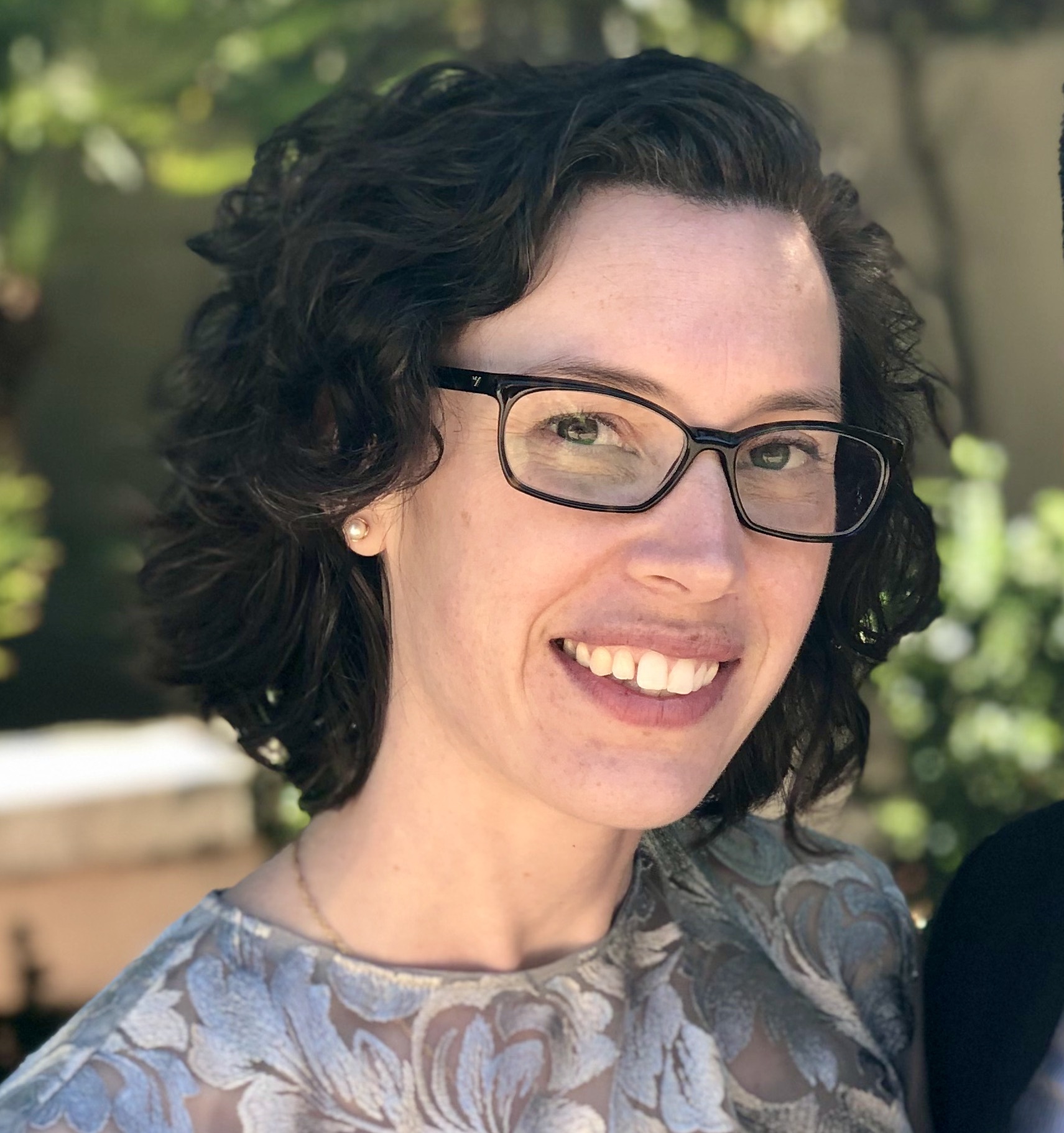 Congratulations to Jamie Hawke, who will join the UBC Class of 2021 this fall, with her MA in Kinesiology. Her graduate research combines dance education and dance science by using interpretive methodologies to explore participant experiences. For her master’s thesis, she examined what dance educators experience when helping pre-professional ballet dancers develop their dance skills. With Dr. Shannon Bredin as her supervisor, Jamie is expanding her dance education research to explore knowledge translation in her Ph.D. dissertation that she has now begun.
Congratulations to Jamie Hawke, who will join the UBC Class of 2021 this fall, with her MA in Kinesiology. Her graduate research combines dance education and dance science by using interpretive methodologies to explore participant experiences. For her master’s thesis, she examined what dance educators experience when helping pre-professional ballet dancers develop their dance skills. With Dr. Shannon Bredin as her supervisor, Jamie is expanding her dance education research to explore knowledge translation in her Ph.D. dissertation that she has now begun. 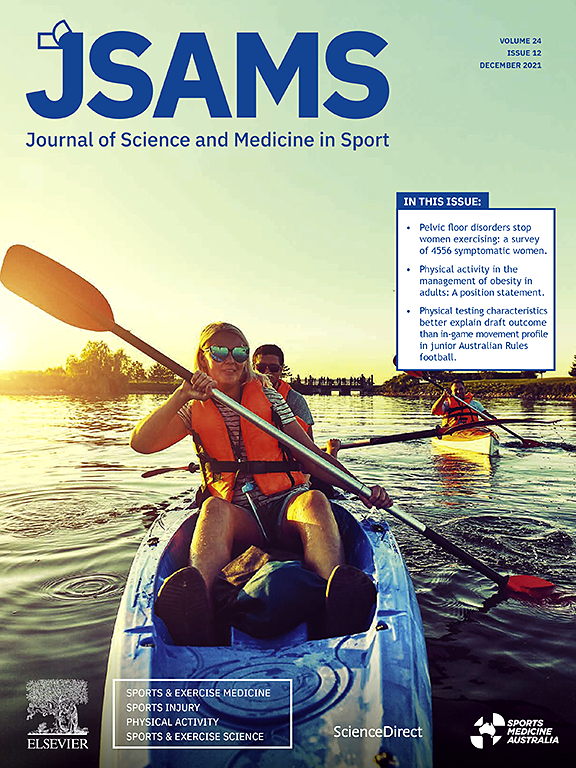 New study published by Science Direct, with
New study published by Science Direct, with 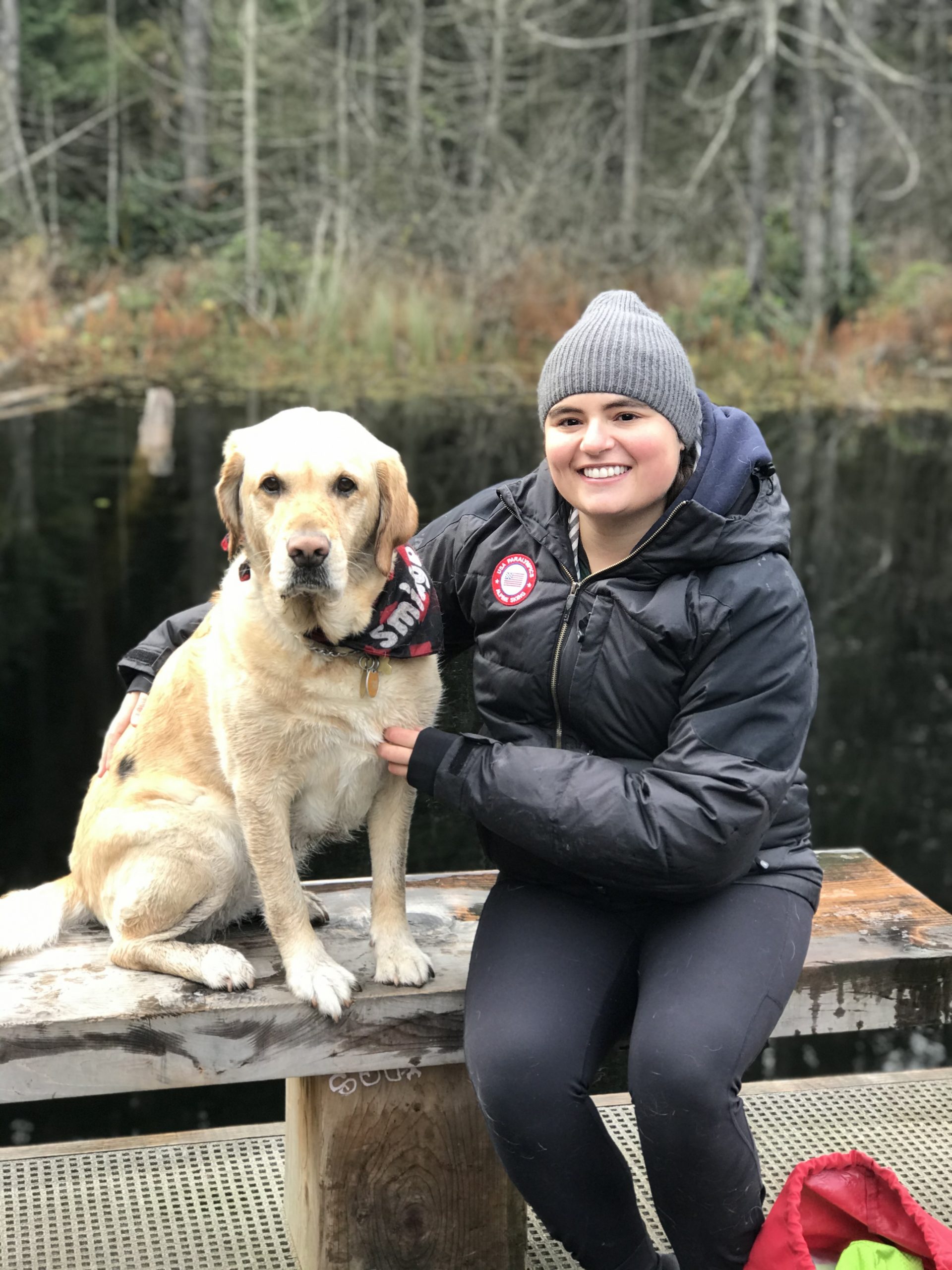 This Fall, Staci Mannella graduates with her MSc in Kinesiology. Her master’s thesis is a socio-psychological study on high-performance, visually impaired athletes and their relationships with their sighted guides. Under the supervision of assistant professor Dr. Andrea Bundon, Staci “explores the intersections of disability sport cultures, experiences of impairments, and athlete mental health.”
This Fall, Staci Mannella graduates with her MSc in Kinesiology. Her master’s thesis is a socio-psychological study on high-performance, visually impaired athletes and their relationships with their sighted guides. Under the supervision of assistant professor Dr. Andrea Bundon, Staci “explores the intersections of disability sport cultures, experiences of impairments, and athlete mental health.”